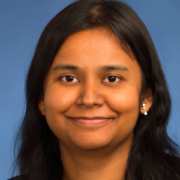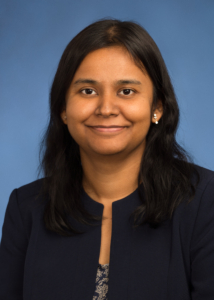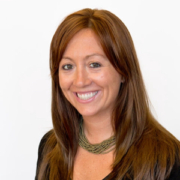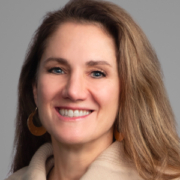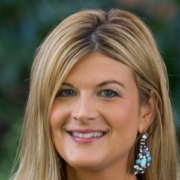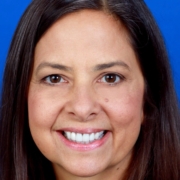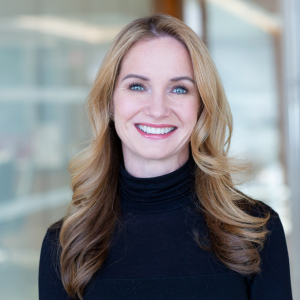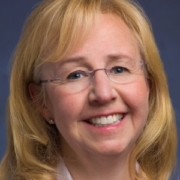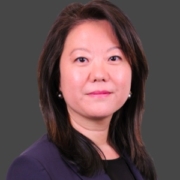Voice of Experience: Rajashree Datta, Managing Director, Goldman Sachs
“Focus on the basics, the building blocks and the details when you are starting out because when it comes time for you to be heard, you will have a depth of knowledge to draw upon that will position you well,” recommends Goldman Sachs’ Rajashree Datta.
Achieving Success and Helping Others Do the Same
Datta joined Goldman Sachs after graduating from Amherst College in 2000. Her first position was in the Investment Banking Division, and in 2003 she moved to the Treasury Department. After gaining almost 14 years of experience in the Treasury Department, she recently transferred to the Risk Division, where she now serves as global head of Liquidity Risk. In this role, she is responsible for Goldman Sachs’ liquidity risk management and ensuring appropriate risk levels are established across the firm.
“One of the reasons I have stayed in the firm is that every year I have had the opportunity to do something new: could be a new area of focus, could be a new project, or could be working in a new division. Moving to the Risk Division just continues this theme of embracing new challenges and continuing to grow,” says Datta.
Reflecting upon her previous experiences at the firm, Datta cites the peak of the 2008 financial crisis as a crucial moment: “I learned a great deal in the liquidity space during the financial crisis.” In addition, she notes that this experience crystallized for her the importance of how senior managers engage with their teams during high-intensity periods. “I saw firsthand how senior individuals’ abilities to remain calm improved the clarity of thought and quality of execution of the whole organization,” she says.
She noted that this experience shaped her interactions with her team: “It’s so important to think through how you will manage and behave in a crisis or stressful situation, particularly because junior people will typically follow the actions of senior leaders.”
In addition to serving as a leader for her team, Datta has long served as a mentor to others, and takes great pride in their success. “It has been so impactful to see people on my team be named managing director, because you hope that you contributed a little bit to their success.”
Driving a Career Through Giving and Listening to Advice
Datta notes that over a long career you’ll be faced with both professional and personal challenges, and she recommends that the best way to conquer such issues is to find mentors and peers who can provide guidance.
“I relied on mentors’ and peers’ advice when I began to prepare for my maternity leave,” says Datta. “Being the recipient of others’ perspectives – who reminded me that they have done it before in varying circumstances and with varying strategies – assured me that I would be able to successfully take my maternity leave and return to the firm.” Datta went on to note, “The thoughtfulness of my colleagues during my leave and the support I received after I came back cemented for me how much the firm cared about my ability to seamlessly reenter the workplace.”
Detailed feedback from mentors has also been extremely useful, Datta notes. “You should listen to both positive and constructive feedback, which is a key pillar to developing your skillset. Solicit feedback, participate in tough conversations, and action on constructive comments,” she recommends.
One of the programs within Goldman Sachs that was particularly influential for Datta is the Women’s Career Strategies Initiative, designed for individuals at the associate level. When she participated, she was concerned about her ability to balance family and work. “The program was tailored for my level – allowing me to network with others across the firm – and helped me identify strategies that would help me to be better positioned in my career going forward.”
As a woman in business, she has found that there aren’t barriers so much as challenges, particularly with regard to managing work and home. “It’s an issue that can only be solved individually since there isn’t a master solution that works for everyone,” she says, adding that individuals must evaluate each day, focus on their priorities and what they can realistically accomplish, and ask for help as needed. She notes, “It’s ok to say sometimes that you do not have the capacity to take on an extra project.”
Datta tries to prioritize time with her son, noting: “I try to carve out certain times or events that I don’t compromise on easily. Some days are easier than others but I typically do okay over the course of a week.”

